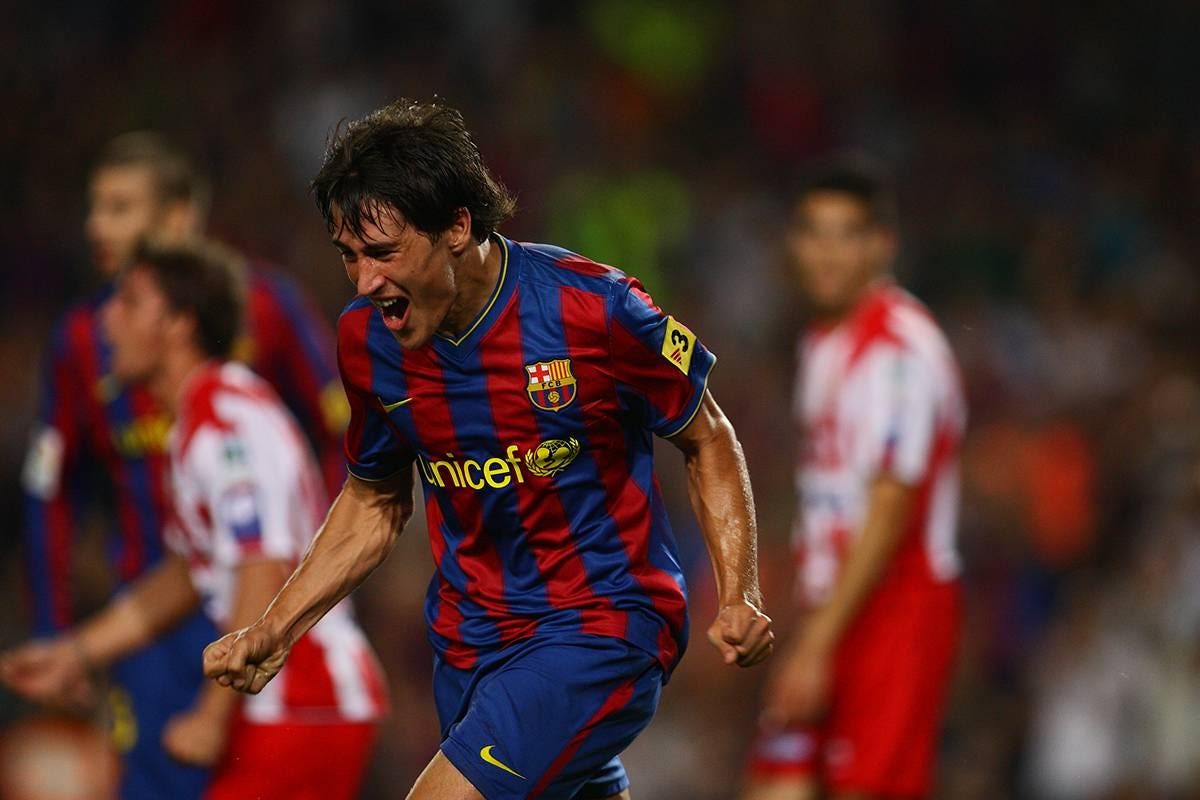This is the third story in a series of reports from the Sports Tomorrow Congress. You can read the first piece, examining the effectiveness of cognitive training, here, and the second article, covering the Dutch national team’s ‘return from concussion’ protocol, here.
Bojan Krkic’s eyes seem to glaze over. Perhaps the recently-retired Spanish footballer,…
Keep reading with a 7-day free trial
Subscribe to The Mind Room to keep reading this post and get 7 days of free access to the full post archives.



